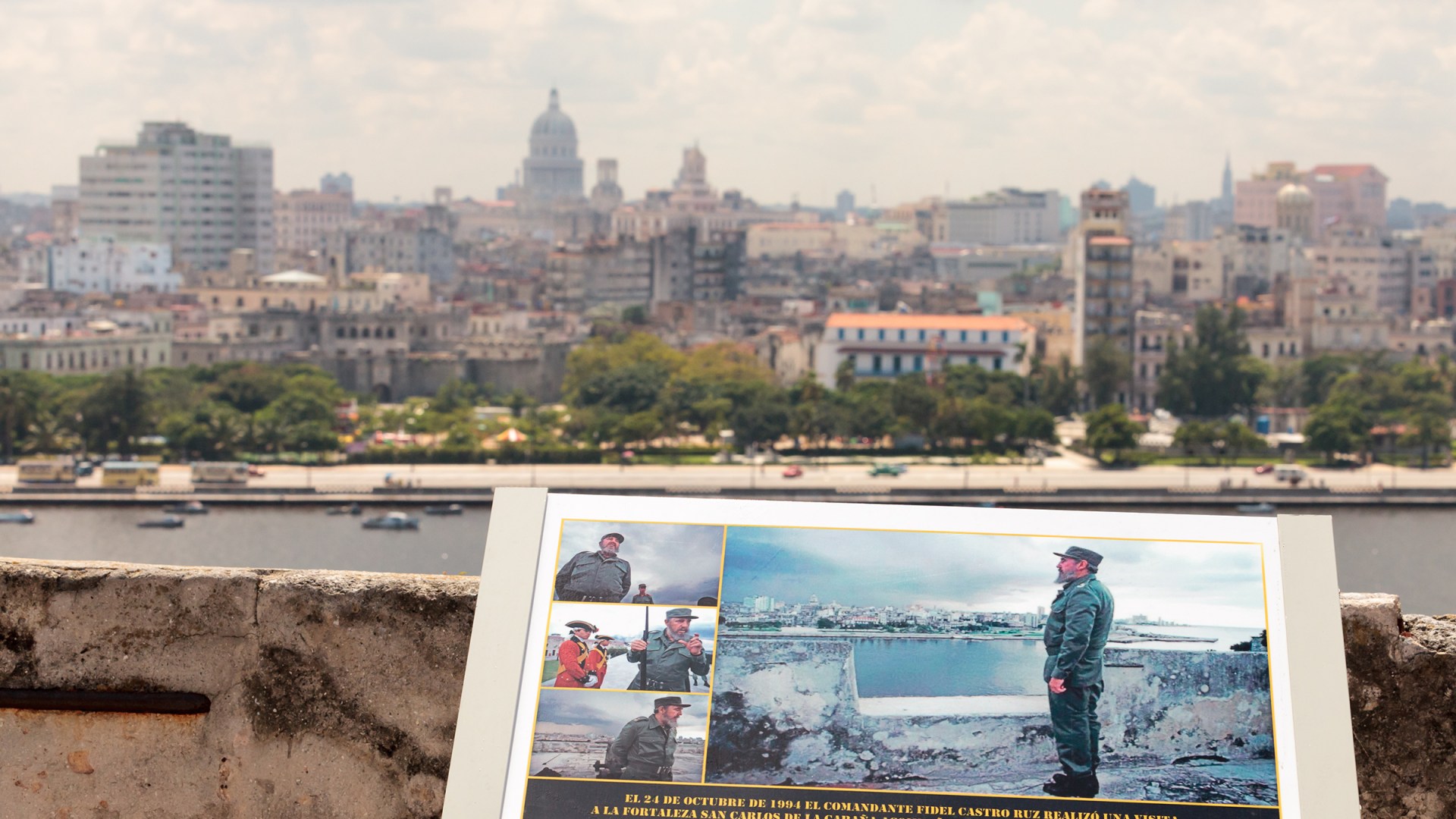Last Friday, Fidel Castro passed away. World leaders have responded with a variety of statements. Canadian Prime Minister Justin Trudeau issued a statement about Castro’s death that praised Castro’s love for the Cuban people. President Obama’s statement was somewhat neutral and, instead of condemning Castro’s actions, focused on restoring the relationship between Cuba and the United States. President-elect Donald Trump issued the most scathing—and dare I say most truthful—statement, saying, “Fidel Castro’s legacy is one of firing squads, theft, unimaginable suffering, poverty, and the denial of fundamental human rights.”
As a first-generation Cuban American and a Christian, my response has come in the form of a question: How do I respond to the death of a man whom I was taught to hate for so long?
When I was a kid, every night before bed, my dad would tell my little sister and me dramatic stories from his life—how he was blacklisted; how he escaped the island; how he settled as a political refugee in the United States. What every story had in common was Castro, the villainous dictator. He was the man who turned their island paradise into a totalitarian hell where personal freedom was hard to come by and everyone but the politically powerful struggled to have enough to eat. We abhorred Castro and joked about how someone with such a lovely name—Fidel means “faithful” in Spanish—could betray his country and kill thousands. Our bedtime ritual was like the Jewish custom at Purim: During the reading of the story of Esther, the mention of Haman’s name brings boos and hisses. There was no room in my heart for Castro’s redemption, so much so that I didn’t even see him as human.
Exiled Cubans all over the United States and the world have been waiting years for the death of Castro. His death, we believed, would bring the dawn of a new era. We could go back home, even if only for a pilgrimage. Like the Jewish people at Passover, reciting “Next year in Jerusalem” and pining for a return to the Promised Land, we set our hopes on Castro’s death: “Next year in Havana.”
Now, Castro is dead, and I’m left behind to make sense of his legacy. His regime has committed horrible human rights atrocities, which means I am justified in feeling an intermingling of hatred and bitterness, grief, relief, and joy. As a Christian, however, Jesus calls me to pray for my enemies and bless those who curse me and my people. So what now? Although it’s not comfortable or easy, nonetheless I feel called to see Castro as my neighbor, knowing that in life and in death, he and I are both in desperate need of Jesus. This response doesn’t mean that I dismiss the evil he perpetrated. Rather it means that I affirm the old adage, “but for the grace of God go I.”
The gospel of Jesus Christ requires that I recognize the humanity in people whom I greatly dislike or am opposed to, people who hate me and wish me ill, even people who have directly wronged or harmed me and my family. This gospel response bears on my life as a citizen of the United States, especially in this time of political discord, and it also bears on my life as a citizen of heaven. “Who is my neighbor?” The Good Samaritan gives me the answer to that question.
Ezekiel 18:23 says, “Do I take any pleasure in the death of the wicked? declares the sovereign Lord. Rather, am I not pleased when they turn from their ways and live?” When I first heard that Castro died, someone reminded me of this verse. In the intervening days, it has given me a script for how to respond in prayer. Rather than take pleasure in it, I mourn the death of Castro, my neighbor. I grieve for his soul and hope that he made peace with God before he died. I pray for the people who have suffered under his rule. I pray that his regime is dismantled quickly and that justice and righteousness flow through the streets of Cuba. I rejoice in the hope that freedom is more possible than it has been in over 50 years. And finally, I pray that my fellow Cuban Americans and fellow Christians can see all enemies through the eyes of our Father in heaven, whose kindness and mercy know no bounds. Redemption is always possible, even for Castro.
Amanda Martinez Beck is a freelance writer who blogs about faith, parenting, and body positivity at amandamartinezbeck.com. You can follow her on Twitter @AmandaMBeck.









